
You rarely see history in the making while you’re living it. Change often begins quietly, disguised as something ordinary. Decades later, you realize the world never went back. Many of those shifts faded from memory, buried under louder headlines. Yet they explain so much about how we got here. Coming up next, you’ll rediscover 10 such events that changed history’s course, but they vanished into footnotes.
Death Of Ogedei Khan (1241)
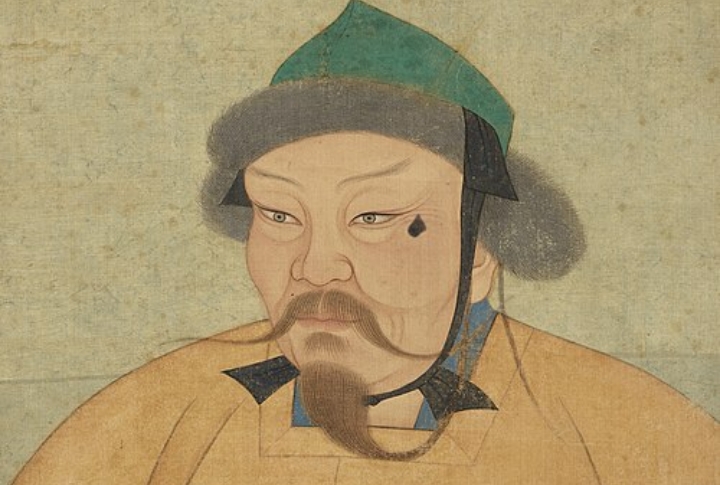
One of history’s most surprising turns came when Ogedei Khan, Genghis Khan’s third son, died suddenly in 1241. His passing forced Mongol generals to abandon their campaign in Europe to attend the succession council. That decision halted their westward expansion and arguably changed the course of Western civilization.
Defenestration Of Prague (1618)
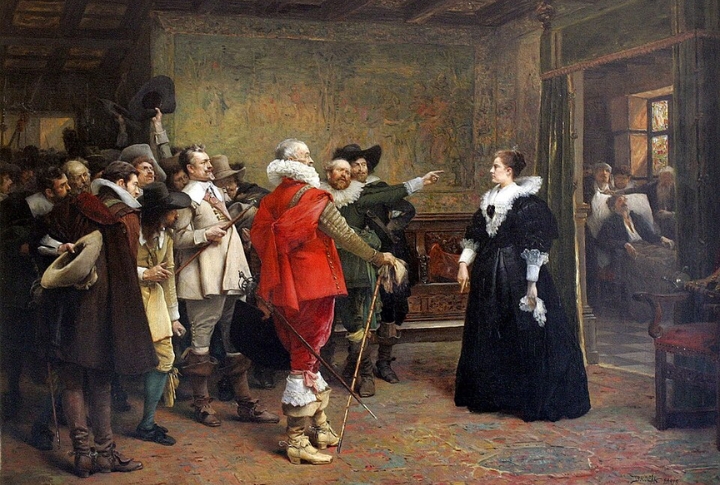
The word “defenestration” literally means “throwing someone out of a window,” and that’s exactly what happened in Prague Castle in 1618. Protestant nobles threw two Catholic officials out of a 70-foot window and sent them tumbling into a pile of manure. They survived, but the act triggered the Thirty Years’ War.
Year Without A Summer (1816)
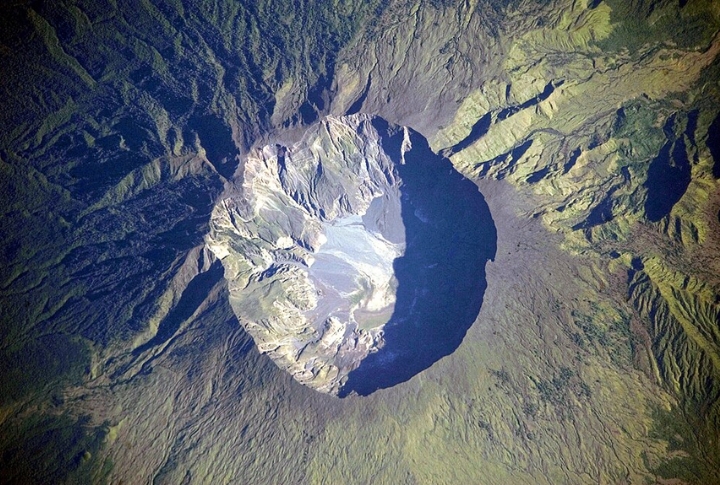
In 1815, Mount Tambora erupted in Indonesia, ejecting ash so thick it altered global weather. The following year saw freezing temperatures in June across Europe and North America. Crops failed, famine spread, and thousands migrated westward in search of stability. The climate chaos even inspired Mary Shelley’s “Frankenstein,” written during a cold, gloomy summer in Switzerland.
Haitian Revolution (1791–1804)
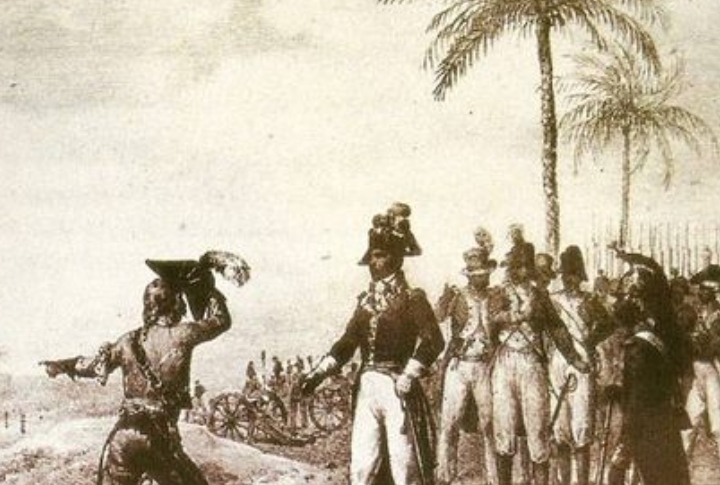
The uprising that began in Saint-Domingue in 1791 didn’t just topple masters. Over thirteen years, enslaved men and women fought their way to freedom, declaring Haiti’s independence in 1804. Their victory dismantled French colonial rule and led France to sell Louisiana to the United States, forever altering North America’s map.
Expulsion Of Christians From Japan (1639)
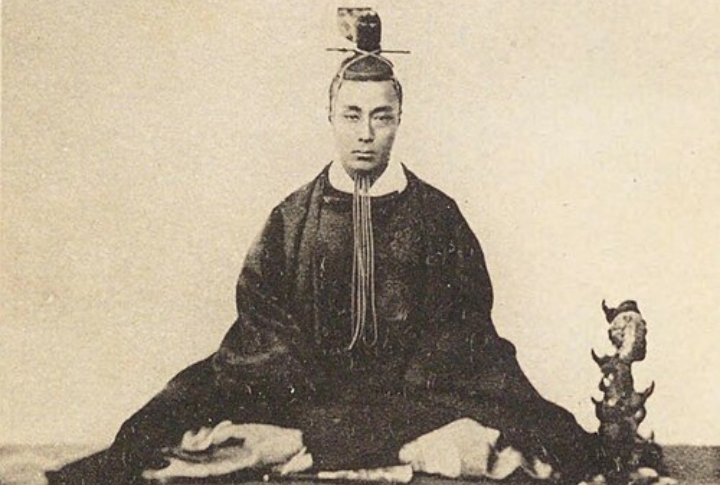
In 1639, Japan’s Tokugawa shogunate banned Christianity and expelled foreign missionaries. The few Japanese who kept their faith—known as “Kakure Kirishitan,” or hidden Christians—continued to worship secretly. The policy, known as sakoku or “closed country,” sealed Japan off from most of the world for more than two centuries and shaped its unique development.
Crimean War (1853–1856)
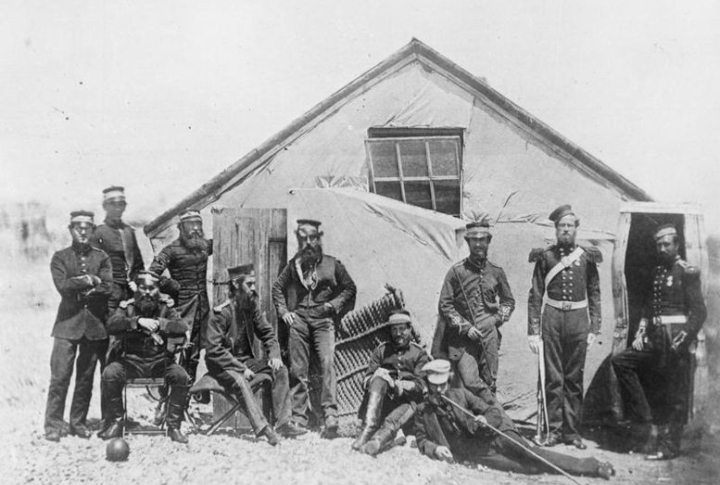
On the battlefields of Crimea, war stepped into the modern world. Soldiers arrived by train, their movements tracked by telegraph wires humming with urgency. Amid the smoke, Florence Nightingale tended the wounded under lamplight. The fight—Russia against Britain, France, the Ottoman Empire, and Sardinia—marked the rise of industrial warfare.
Boer Wars (1880–1881 And 1899–1902)
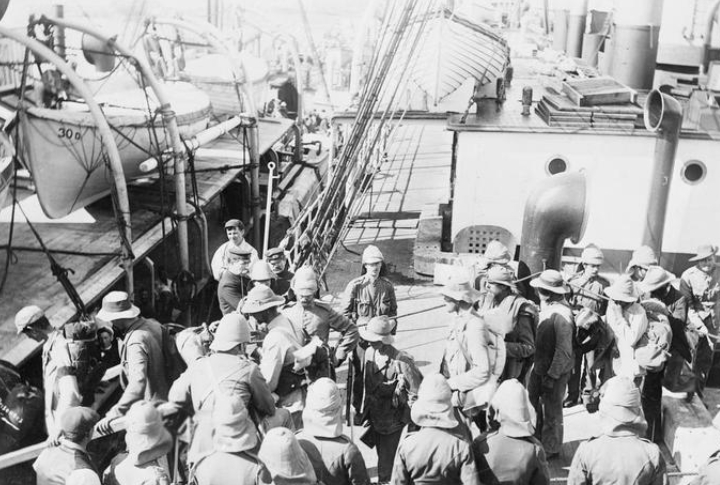
You might not hear much about the Boer Wars, but they changed how armies fight. When Britain brought the Boer Republics of Transvaal and the Orange Free State to war, new tactics emerged: fast-moving “commando” units and guerrilla fighting. The Boer Wars also introduced concentration camps.
The 1973 Oil Embargo

In 1973, Arab nations cut oil exports to the U.S. over its support for Israel, which triggered fuel shortages, inflation, and recession. The crisis reshaped American energy policy and deepened Middle East entanglements. However, it’s rarely remembered as the moment oil became central to U.S. global strategy.
Spanish Flu Pandemic (1918–1919)
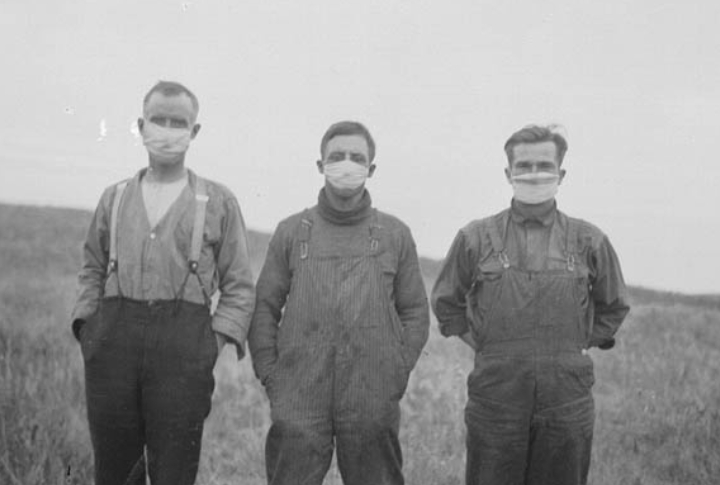
The 1918 influenza pandemic infected nearly 500 million people and killed roughly 50 million. Despite its name, the virus didn’t originate in Spain. Most likely, it originated in the United States, specifically in Kansas, during World War I, and spread rapidly through military camps. Spain’s open reporting simply made it appear that way, as other nations censored wartime news.
Norwegian Heavy Water Sabotage (1943–1944)
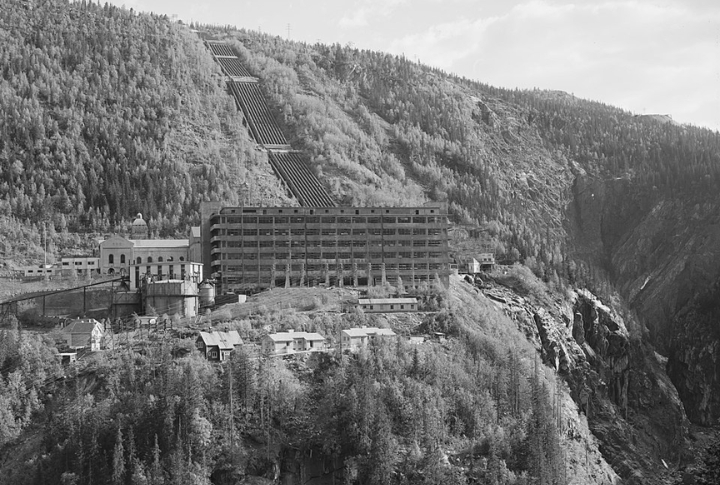
During World War II, Norwegian resistance fighters carried out daring missions to destroy Nazi heavy water facilities at Vemork. Their actions disrupted Germany’s attempt to develop nuclear weapons. The team’s escape across snow-covered mountains became legendary, yet their operation’s true historical weight is often underestimated.

